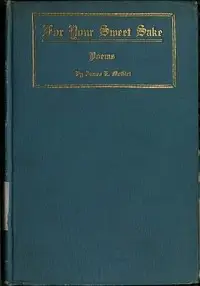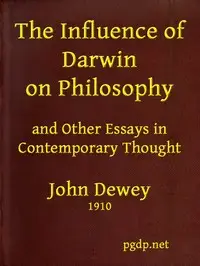"The Future Belongs to the People" by Karl Liebknecht is a collection of speeches and writings, edited and translated by S. Zimand, from the aftermath of World War I, likely written during the early 20th century. The book serves as a testament to Liebknecht's resolute stance against militarism and imperialism, emphasizing a socialist revolution that mobilizes the masses for political and social change. It explores themes of justice, democracy, and the working class's role in shaping a new future. At the start of the work, the reader is introduced to Karl Liebknecht, a prominent socialist leader who openly opposed the prevailing governmental and military ideologies of his time. The opening portion details the sentiment of a crowd gathering in Berlin to support him following the abdication of Kaiser Wilhelm as revolutionary fervor surges through Germany. It outlines Liebknecht's historical context, including his initial alignment with the government's war efforts, followed by his deepening resolve against militarism and his later condemnation of the Social Democratic majority that chose to support the war. This foundation sets the stage for a discussion on the need for a new international socialist movement, emphasizing the importance of mobilizing the masses to reclaim their power and drive societal change. (This is an automatically generated summary.)

The Future Belongs to the People
By Karl Paul August Friedrich Liebknecht
"The Future Belongs to the People" by Karl Liebknecht is a collection of speeches and writings, edited and translated by S. Zimand, from the aftermath...
Karl Paul August Friedrich Liebknecht was a German revolutionary socialist and anti-militarist. A member of the Social Democratic Party of Germany (SPD) beginning in 1900, he was one of its deputies in the Reichstag from 1912 to 1916, where he represented the left-revolutionary wing of the party. In 1916 he was expelled from the SPD's parliamentary group for his opposition to the Burgfriedenspolitik, the political truce between all parties in the Reichstag while the war lasted. He twice spent time in prison, first for writing an anti-militarism pamphlet in 1907 and then for his role in a 1916 antiwar demonstration. He was released from the second under a general amnesty three weeks before the end of the First World War.













